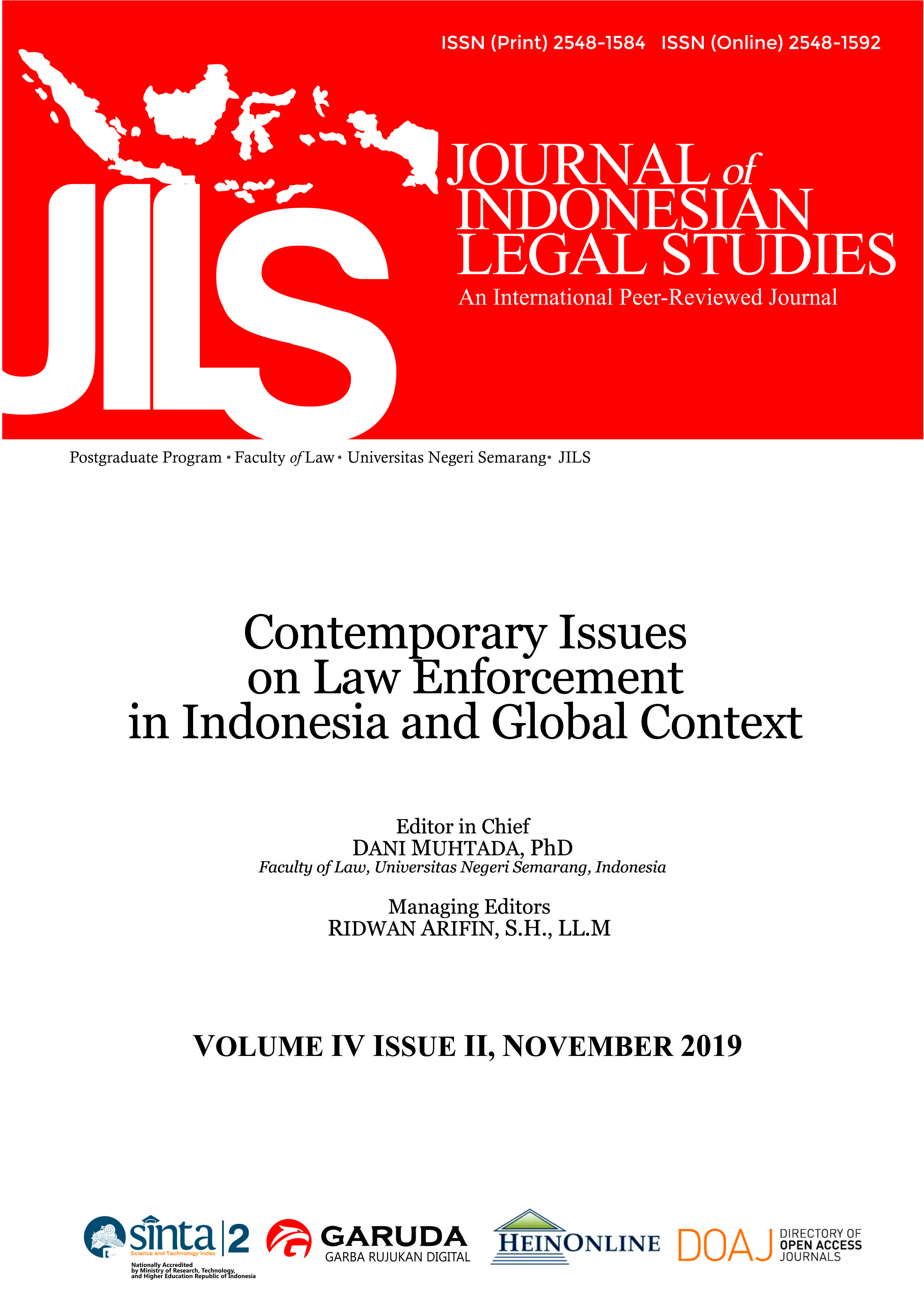DNA Profiling and the Challenges of Crime Management in Nigeria: The Case of The Nigeria Police Force
Main Article Content
Abstract
This research investigated DNA profiling and crime management in Nigeria. The major objective of the study was to find out whether the Nigeria Police are aware of how to use DNA optimally as a source of evidence in the investigation process. In Nigeria, the Nigeria Police is one of the leading agencies statutorily charged with the responsibility of providing internal security through fighting of crime. The police does this job by undertaking criminal investigation with a view to collecting evidence to be used for courtroom prosecution of criminal suspects. Since 1930 the Nigeria Police was established, it has relied mainly on the traditional (old school) method of criminal investigations based on eye witness testimonies and statements, the investigators sense of judgement and experience. Overwhelming evidence from this research points to the fact that the said method has proven ineffective, as may unsolved crimes, wrongful prosecution or conviction of innocent criminal suspects and failed courtroom prosecution litter the performance profiles of the Nigeria Police. The study concluded that the capacity level of the Nigeria Police to collect and preserve the DNA evidence as part of the agency's criminal investigation process and use same for courtroom prosecution has significant effect on the effort it makes to fight crime through DNA profiling, and that the availability or non availability of sophisticated DNA technology in Nigeria has significant effect on the effort the Nigeria police makes to fight crime through DNA profiling. The availability or non availability of a central DNA database in Nigeria has significant effect on the efforts of the Nigeria police makes to fight crime through DNA profiling.
Article Details

This work is licensed under a Creative Commons Attribution-ShareAlike 4.0 International License.
All writings published in this journal are personal views of the authors and do not represent the views of this journal and the author's affiliated institutions. Author(s) retain copyrights under the licence of Creative Commons Attribution-ShareAlike 4.0 International (CC BY-SA 4.0).
References
Alemika, E.O. (2012) Law Enforcement and Order Maintenance in a Democratic Transitional Society: The Challenge of the Nigeria Police, The Nigeria Police and Civil
Society, S.G. Ehindero, et al., (eds) Jos: Nigeria Police and Civil Society, (143-164)
Alemika, E.O. (2015),Challenges Confronting Police Reform in Transitional Contexts, Paper Presented at the Faculty of Law, University of Cape Town, July 18.
Billings, P.R. (2012), DNA on Trial: Genetic Identification and Criminal Justice, New York: Spring Harbour Laboratory Press.
Campbell, A. (2000), Forensic Science. Philadelphia: Chelsea House.
Gilbert, J.N. (2014). Criminal Investigation. 3rd edition, New York: Macmillan
Gill, P., Werrett, D.J. et al., (2014) All assessment of whether SNPs will replace STRs in national DNA databases, Science and Justice 44(1): 51-53
Jobling, M.A. & Gill, P. (2014) Encoded Evidence: DNA in Forensic Analysis, Nature Reviews, 5, 739-751
Innocent, A.C. (2015), Relevance of a DNA Database for solving crime in Nigeria, Science & Justice, 48 (2), pp. 30-47
Julian, R., Kelty, S. & Robertson, J. (2012), Get it Right the First Time: Critical Issues at the Crime Scene, Science & Justice, 40 (2), 152-169
Julian, R.D., Kelty, S.F., Roux, C., Woodman, P., Robertson, J., Davey, A., Hayes, R., Margot, P., Ross, A., Sibly, H. & White, R. (2011) ‘What is the value of forensic science? An overview of the effectiveness of Forensic Science in the Australian criminal justice system project’. Australian Journal of Forensic Science 43(4). 217-29.
Kazeem, A. (2016), Crime Fighting: Lagos Established First DNA Forensic Lab in Nigeria, ThisDay Newspaper, December 18.
Laurie, G. (2012), Genetic Privacy: A Challenge to Medico-Legal Norms, Cambridge: Cambridge University Press.
Lazer, D. (2004), DNA and the Criminal Justice System: Concensus and Debate, In Lazer D. and Meyer, M. (eds), DNA and the Criminal Justice System: The Technology of Justice, Cambridge, Mass.: MIT Press
Nte, N.D. (2012), An Evaluation of the challenges of Forensic Investigation and Unsolved Murders in Nigeria, African Journal of Criminology and Justice Studies (AJSC), 6 (182), 143-162.
Nte, N.D. (2011). The Use and Abuse of Intelligence in a Traditional Democracy: Evidence from Nigeria’, International Journal of Human Sciences, Vol. 8, N0. 1
Ogle, R.R. (2004). Crime Scene Investigation and Reconstruction. New Jersey: Pearson Prentice
Ojukwu, E.C.S (2011) Discovering the Police, Ibadan: Gold Press Ltd
Oladele, O. (2006), Intelligence-Led Policing in Nigeria: The Way Forward, in CLEEN Foundation (ed), Operationalizing Intelligence-Led Policing in Nigeria, Lagos: CLEEN Foundation.
Onashile, Y. (2009). The Nigeria Police Force and Forensic Evidence, Quoted in Daily Champion 18th October.
O’ Neill, O. (2013) Autonomy and Trust in Bioethics, Cambridge: Cambridge University Press.
Robert, H., Taupin, J. & Raymond, T. (2015), The Role of DNA Profiling in Criminal Investigation, http://www.aic.gov.au/media, Retrieved September 10, 2018.
Roberts, H. (2012) ‘Challenges to the admissibility of DNA profiling evidence in criminal trials’. Australian Family Physician Vol. 22, pp. 507-511.
Roberts, H., Taupin, J. & Raymond, T. (2015), The Role of DNA Profiling in Criminal Investigation, Science & Justice 42(3), 1-8
Technikon, SA. (1986). Investigation of Crime: Study Guide for OVM151RE. Florida.
Ugochukwu, O., Amadi, G.I. &Zimako, A., (2014) The Need for DNA Database for Crime Management in Nigeria, Forensic Science International 101, 72-86.
Van Niekerk, A. (2000). The Crime Scene. Pretoria: Government Printer.
